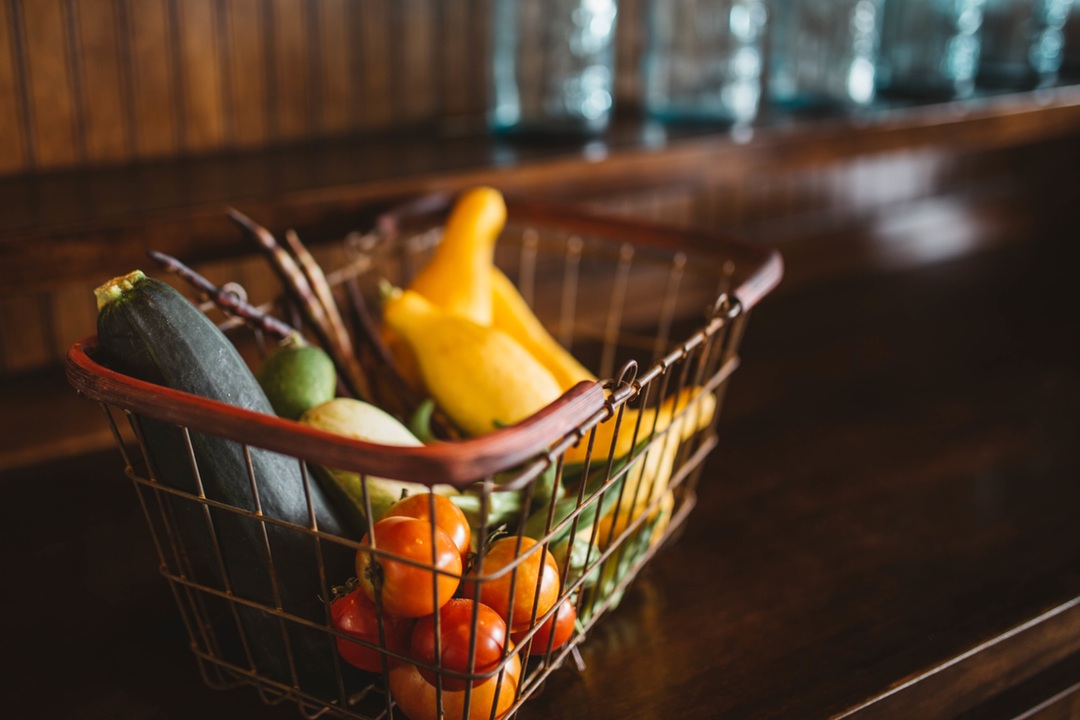
Eating healthier has become quite the trend and no wonder. With more than a third of the United States’ population considered obese and diseases like Type II diabetes, heart disease and cancer becoming the most predatory killers among adults, people should be and are taking a good hard look at what goes into their bodies.
Unfortunately, so are companies who create junk food. As the market trends towards “healthier” foods, companies that create products that are in no way, shape or form healthy are trying to find a place for their product to fit in amongst the rest. By using creative food marketing and strategies, they create a misleading marketplace.
It can be very confusing for consumers who aren’t educated about healthy eating and how to effectively lose weight by making lifestyle changes. Marketing and junk food companies know you want to eat healthier and that in fact — you’ll pay more to do so — and they want to capitalize on that. In the next two years, they stand to gain over a trillion dollars in sales for healthier foods.
But should you be picking up what they’re putting down? Here are some things to consider if you’re trying to make healthier eating choices for yourself and your family.
Food Marketing: Healthy Food vs. Healthier Choices
There is a difference between eating healthy food and making healthier food choices and these companies know it.
Anyone who has followed a Paleo or Zone-style diet or completed a Whole30 knows that most food that comes in a box or bag isn’t all that healthy to begin with. These foods tend to be heavily processed, packed with preservatives, and high in unhealthy carbohydrates, fats and sugar. Of course, this doesn’t apply to EVERY food found in a box, but it’s a stereotype for a reason.
Is it great that we have healthier choices now? Yes! There will always be an event — a birthday party, a cookout, a tailgate — where the traditional foods are not all that great for you. Is it great to have quinoa chips or juice with 50 percent less sugar at a time like this? Sure, because the reality for most people is that you aren’t going to eat 100 percent healthy all the time and having healthier options when you do “slip” can only be a positive.
However, it’s important to understand that just because something is a healthier option — sweet potato chips are better than regular, deep-fried potato chips and a light beer may be better calorie-wise than a regular beer — it doesn’t make it healthy and it doesn’t mean it’s something you should be eating every day or even every weekend.
Being in a Health Food Store Doesn’t Mean It’s Healthy
Many “healthy” grocery stores carry lots of non-healthy foods — in fact, most of them have bakeries and carry things like sweets and junk food. It may be a little more expensive and it may be slapped with a label like “gluten-free,” but that doesn’t make it good for you.
Follow the same advice in health food store that you would in a regular supermarket — stick to the produce sections, the meat counter, and stay out of the aisles.
Ignore the Buzzword Hype
Because food companies have so much to gain from the healthy trend, they’re ramping up the use of health buzzwords to trick you into buying their products…oftentimes, products that aren’t really much better for you.
Beware words like simply made, all natural, organic, gluten-free, from nature, fresh, healthy heart, whole grain and more. In fact, ignore labels all together and flip around for the ingredients label before you determine whether or not something is healthy. And if it says low calorie, fat-free or sugar-free? Put it down and back away.
Is the item packed full of ingredients you’ve never heard of or can’t pronounce? Does the nutrition label look like carb and sugar city? If so, it most likely isn’t good for you, despite the natural, green or light colored label that implies it was made in someone’s home kitchen.
Oftentimes, you will see products advertised alongside each other from the same company, one of which is the “normal” kind and the other of which is the “healthier” version. The next time you’re in a supermarket, pick them both up and compare their ingredients and nutritional content. You’ll find that ingredients like butter, sugar and flour are all considered “all natural” and that in most cases, the healthier version is about the same as the regular version or that the difference is so slight, it doesn’t make an impact on your health.
Sugar is Sugar

It doesn’t matter if it’s table sugar, all-natural cane sugar or the types of sugars found naturally in foods like fruit and milk. Sugar is sugar and it’s bad for you.
The recommended intake of sugar a day is six to nine teaspoons — about half of what’s in a soda. Keep this in mind when you’re trying to eat healthier.
There Are Certain Foods That Aren’t Healthy
There are certain foods that no matter how you dress them up or apply health buzzwords to them, they just aren’t healthy.
Soda, candy, junk food and fast food simply should be cut out of your diet and only enjoyed every so often. You’ll find that the less you eat these sort of things, the less you crave them and the better healthy food tastes.
What Can I Eat?
Consult with your doctor before attempting any drastic weight loss plans, but we at FitnessHQ wholly endorse eating real foods and lots of them to lose weight, to be healthier and to feel better in general.
We focus on eating lots of nutrient-dense vegetables and high-quality meats with a little fruit thrown in here and there to meet our nutrient needs and to stay in tip-top shape. We find that eating this way combined with exercising a good bit leads to a better quality of life. We feel better, we look better and we have more energy.
The bottom line is don’t buy into the hype. Think critically when it comes to the products you’re buying and the food you’re putting into your mouth. Don’t let food marketing mislead you in your health journey.
